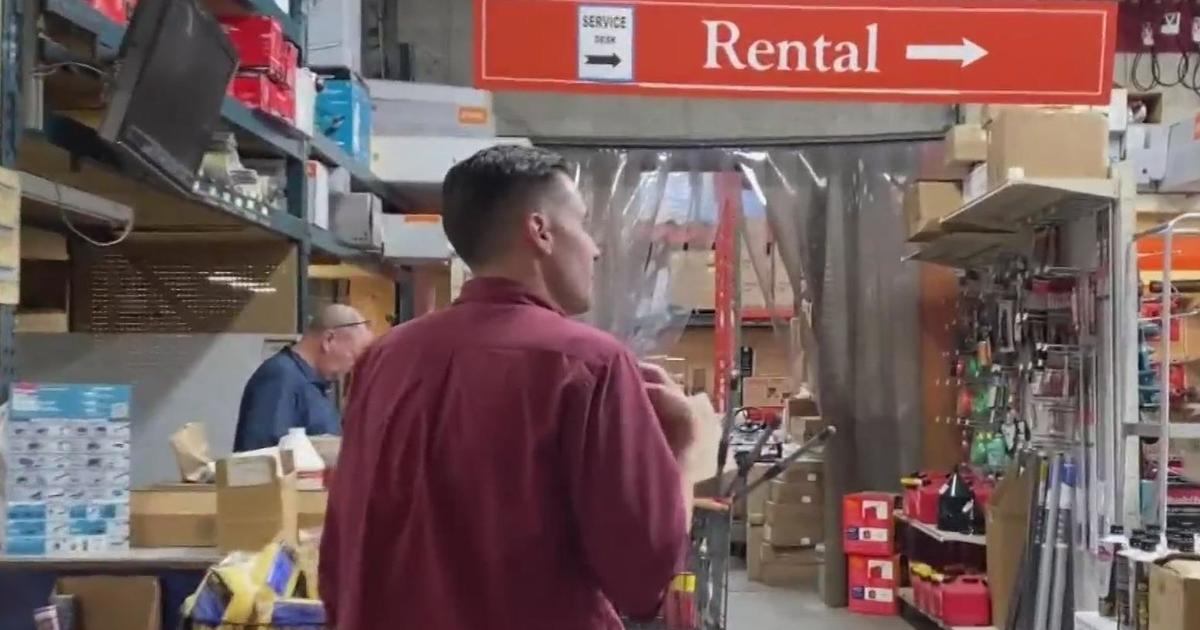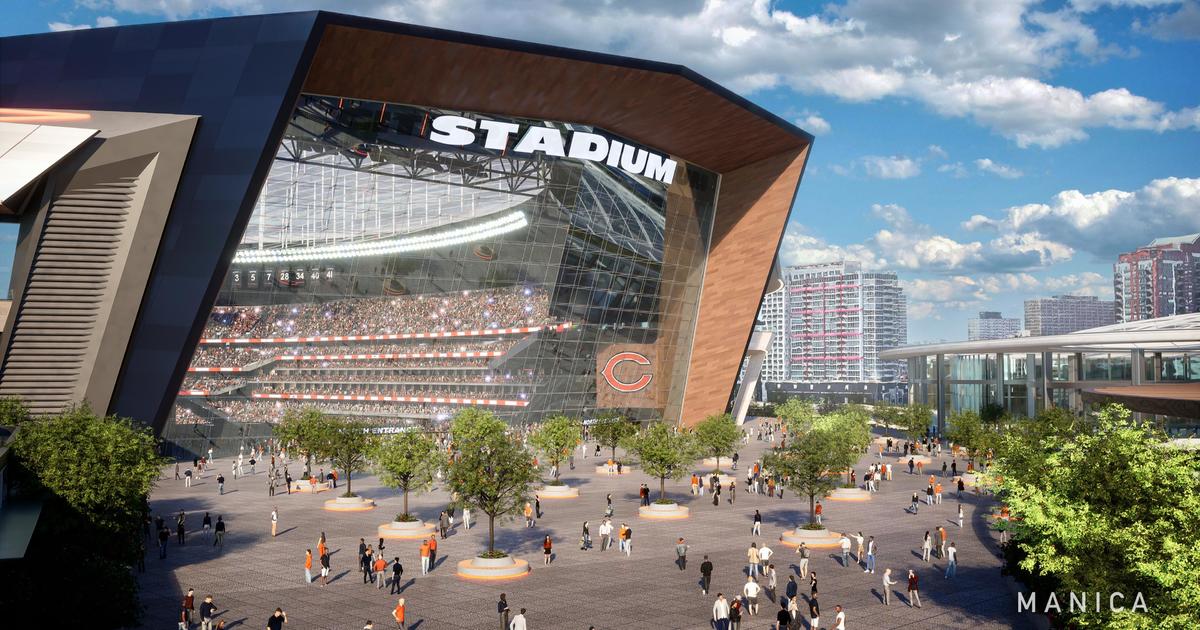Al fresco dining begins in Chicago, and businesses say claiming streets was not an easy process
CHICAGO (CBS) -- Friday was a very wet day in Chicago, but it was also opening day for al fresco dining.
As CBS 2's Sabrina Franza reported, Glenwood Avenue in Rogers Park is among the streets that has been closed to cars for outdoor dining as part of the Chicago Alfresco program. Soon enough, there will be music, dancing, and food on a cobblestoned stretch of Glenwood Avenue that abuts the Red Line embankment on its east side.
"Now the process can start to actually manifest," said Le Piano owner Chad Willetts.
But it was not an easy process for restaurants to claim the street. The cost and the effort to get it done was overwhelming.
In fact, the closure of southbound Glenwood Avenue between Lunt and Morse avenues is huge – because it took months of different applications to the city even to get to this point.
"You get excited for one little inch forward, and then you move three inches back – 'Oh well. We didn't get that permit. We don't have this yet or that yet,'" Willetts said.
Le Piano, 6970 N. Glenwood Ave., opened three years ago – 18 months before the pandemic – in the space that had been occupied by the No Exit Café for many years before that.
"We'll be able to do classical, jazz, folk, blues - you name it; all kinds of programming of the arts outside - not just limited to music, but also visual arts, painters, sculptures - really what we're kind of seeing as a Ravinia in the city," Willetts said.
The Chicago Alfresco program opened up for applications last year. Le Piano said it took eight months to have everything ready and all the permits approved.
To get a street or plaza open for al fresco dining, businesses need to apply with an organization – in this case the Rogers Park Business Alliance. It is a costly process – the businesses needed to provide renderings of their plans, produced by an architect, even to get city approval.
That approval is required from at least three city agencies – including the Chicago Department of Transportation, the Department of Cultural Affairs, and the Department of Business Affairs and Consumer Protection.
Only then can businesses start buying materials to make those renderings a reality.
"This is not something that we did, nor could we have done it alone," Willetts said. "It is the result of many, many people working together."
It was a huge feat for businesses still recovering in the pandemic – costing around $125,000 for Le Piano alone.
"It is sanctioned by the city and permitted by the city, but it is not funded by the city," Willetts said. "The money came from somewhere else."
The two Rogers Park small businesses involved in the Glenwood Avenue al fresco initiative – Le Piano and also The Glenwood, 6962 N. Glenwood Ave. - both received grants from beer and liquor company Diageo.
The grant includes all the applications, renderings, and construction. The city only told us about a $75 annual fee for one of the permits.
"We were so excited about today when we finally got to put the barricades up," Willetts said.
We asked the city how many applications it has approved so far with the long, detailed process. So far, they told us seven – and wouldn't say where they are, or which neighborhood districts were also included to be part of the Chicago Alfresco program this year.
In Rogers Park, they hope to start al fresco dining on Glenwood Avenue on Saturday. With good weather – summerlike weather, in fact – they'll be able finally to use the open space.



